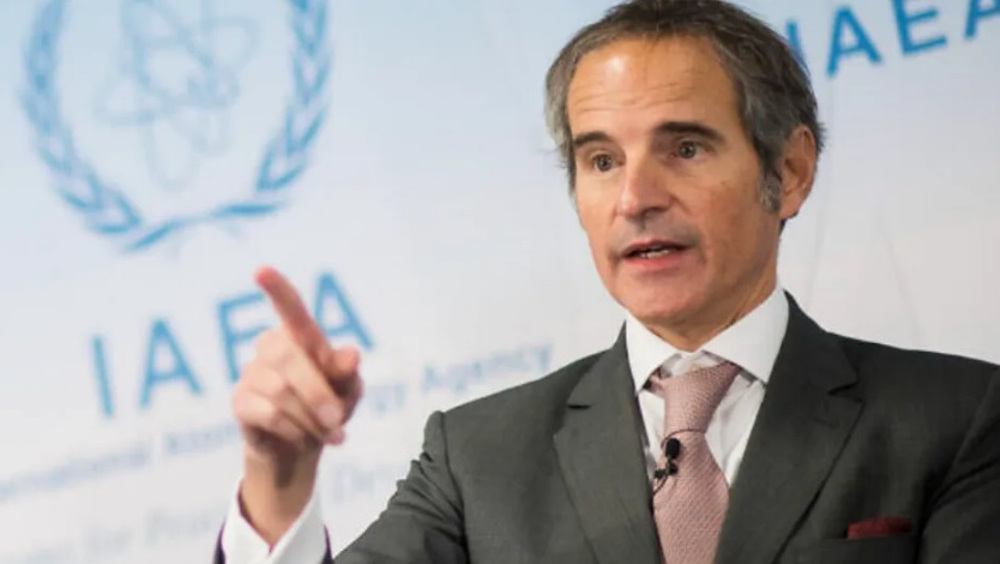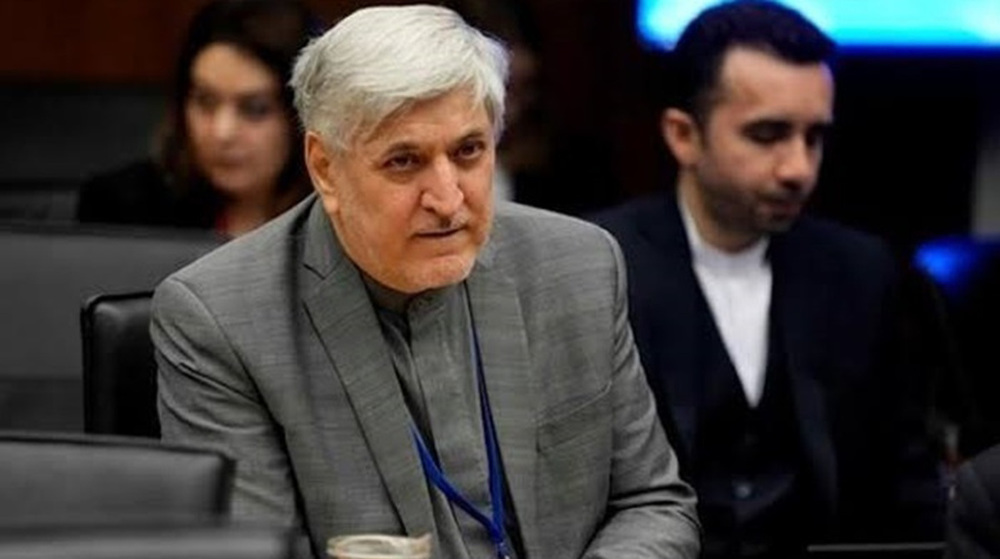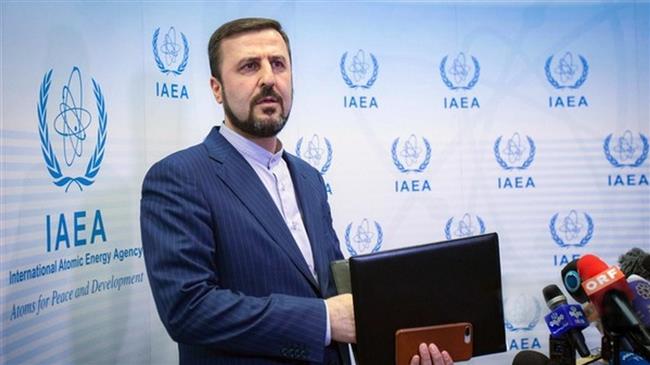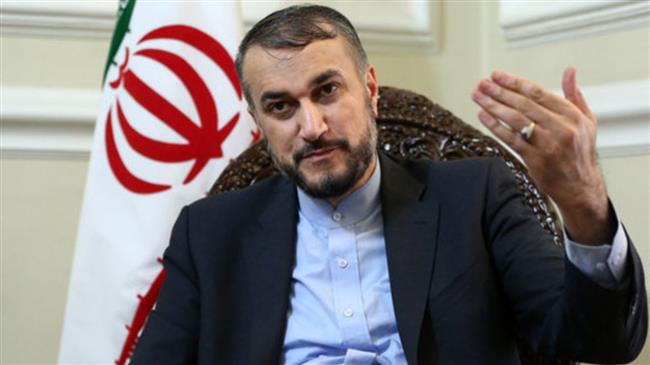Iran envoy calls on IAEA to maintain impartiality, professionalism
Iran's representative to the international organizations in Vienna has called on the International Atomic Energy Agency (IAEA) to maintain its impartiality and professionalism towards Tehran’s nuclear activities.
Kazem Gharibabadi made the call late on Tuesday after the IAEA’s chief, Rafael Grossi, claimed in a report that Iran is blocking access to some of its nuclear sites and continues to boost its stocks of uranium enriched above the percentage allowed in the 2015 nuclear deal, officially known as the Joint Comprehensive Plan of Action (JCPOA).
Gharibabadi stressed that all of Iran's nuclear activities, including enrichment, are in full compliance with the Non-Proliferation Treaty and the country’s commitments under the JCPOA and safeguards agreement.
“Since the other parties to the JCPOA have not fulfilled their obligations in lifting sanctions and the US policy of imposing illegal and unilateral sanctions on Tehran still goes on, no one can pressure Iran to halt its nuclear activities,” the Iranian diplomat said.
“The IAEA must maintain its independence, impartiality and professionalism, and the IAEA members must seriously refrain from putting pressure on the agency and trying to use it as a tool for their own political purposes,” Gharibabadi noted.
The Iranian envoy also criticized the IAEA’s nuclear data recording of the country, saying the monitoring agreement between Iran and the agency was signed for a three-month period and was solely a political decision.
Gharibabadi underlined that the data recording agreement should be considered neither as an IAEA’s right nor Iran’s obligation.
The Iranian representative to the Vienna-based international organizations said in July that the Islamic Republic would soon produce enriched uranium metal and that the country had earlier informed the United Nations nuclear watchdog of the move.
Iran and world powers, including the US, Russia, China, France, Britain and Germany, struck the JCPOA on July 14, 2015. Under the accord, Iran agreed to scale back some of its nuclear activities in exchange for sanctions relief.
However, the US, under former President Donald Trump, unilaterally withdrew from the deal and reinstated crippling sanctions on the Islamic Republic, although the country had been fully compliant with the deal.
Iran and the remaining signatories to the JCPOA have already held six rounds of talks in Vienna, which began after the US administration of President Joe Biden voiced willingness to rejoin the nuclear agreement, three years after Trump’s withdrawal.
Negotiators took a break from the talks after Ebrahim Raeisi emerged victorious in Iran’s June presidential election, waiting for Iran’s democratic transition to take place in order for them to be able to continue the talks, as disagreements remained unresolved on key issues.
Tehran argues that since Washington was the party that violated the terms of the agreement, it should take the first step back into compliance with the deal by removing its unilateral sanctions.

Iran: No negotiations with US while threats, sanctions persist

Sanctions not working against Iran: UN nuclear chief

Iran’s IAEA envoy: West’s ‘ineffective’ pressure campaign to backfire
Role of world’s largest gas field in Iran’s energy security
Iran slams Canada’s new sanctions as ‘deceitful’, in breach of int’l law
Ex-Fox News host slams US war propaganda against Iran
Iranian, Russian, Chinese forces to hold joint naval exercise: Beijing
US not to participate in any NATO military exercises in Europe: Report
An Israeli ‘refusenik’ who spent 197 days in prison for saying no to genocide in Gaza
US revokes Iraq’s sanctions waiver for Iranian electricity imports
Iran will not wait for any letter from US: Parliament speaker









 This makes it easy to access the Press TV website
This makes it easy to access the Press TV website